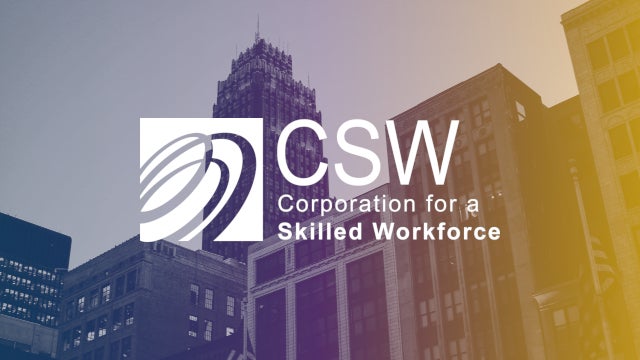Above, watch Lama Al Sulaiman, board member and business developer, Rolaco Holdings; Sheila Marcelo, founder, chairman and CEO, Care.com; Dee Poon, chief branding officer, Esquel Brands and Distribution; and Peter Reiling, executive vice president and trustee of the Aspen Institute; discuss the role business leaders play in social impact.
It can be difficult to justify prioritizing social good in the business space, where often the emphasis is maximizing profit. But individuals can work to change that paradigm, proving that social good can ultimately be mutually beneficial for the business community and the world.
“We want to figure out how you could use your accumulated wisdom, network, energies, and maybe the platform of your very business to have a social impact,” said Peter Reiling, executive vice president of the Aspen Institute.
Read below to find out what three AGLN Fellows from around the globe had to say.
Every aspect of your business can incorporate social impact – you just have to be creative.
Dee Poon, chief branding officer of Esquel Brands and Distribution, works in the textile industry – often a space that is thought of as being a “race to the bottom,” where businesses look at how to lower wages and increase their bottom line. However, Poon has been innovative in how she helps to implement policies that create value both for the community and the consumer at every level of the organization. They start at the farming level – implementing green irrigation systems, and microfinance programs for the farmers. Moving to the factory level, they recycle their fibers and have green water treatment policies. Every piece is managed to incorporate policy that benefits both the company and the world.
“We ask people to take a step back and think about the values. You think of people who work in factories as pieces of a chain, but they are people … We are here for more than getting dollars out of the people who work for us.”
Don’t forget about policies that do social good for the people in your workforce.
Sheila Marcelo, with Care.com, makes sure that her business provides a platform for her workforce – which are mostly working within the framework of the “gig economy” – that other institutions are not. She is developing frameworks that advocate for the caregivers employed through her site to have access to benefits and transparent workplace policies.
On Care.com, there are over 8 million caregivers who are registered on the site. When she advocates for their rights, she says she is often judged as a bleeding heart. There, she says, she has to stay true to her values and be a voice for them.
“On the business side, the caregivers are the supply and the growth of our company … This is always the challenge – how to bring the logic to something that is close to my heart,” she said.
Put inclusive values at the core of your business.
Lama Al Sulaiman, a board member of the Jeddah Chamber of Commerce in Saudi Arabia, works to increase the amount of women in the workforce across her country, both at the policy level and the business level. In Saudi Arabia, she said, women participation in the workforce used to be extremely limited – and in the last ten years, she has been working to pull more women in.
“Change happened because of the business community, which was powerful and vocal … financial independence gives people power, whether we want to accept it or not. “
She created a center in the Chamber of Commerce that helps companies jumpstart their corporate social responsibility, researching best practices around the world and customizing them to the cultural needs in Saudi Arabia. She also meets with private sector companies and helps them to adjust their thinking around employing women – figuring out human resources policies that encourage the incorporation of women into a company’s ranks. Though Sulaiman works in Saudi Arabia, there are still stark gender gaps around the world – this issue is not unique to Saudi Arabia.
“Build choices and opportunity and inclusiveness,” she said. “Then everything else will just fit in.”
The discussion took place at the Resnick Aspen Action Forum, which brings together leaders from across sectors to discuss global issues and develop action plans to address them. The five-day event features seminars and workshops geared toward change-agents looking to collaborate and create action pledges to implement in their respective communities.

